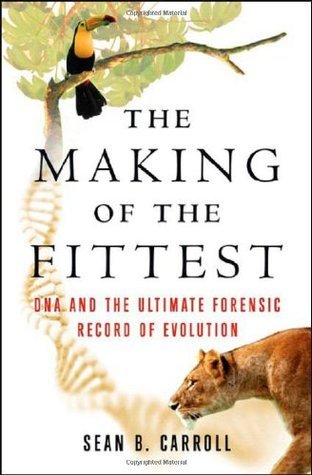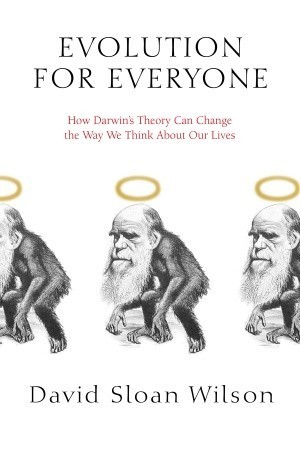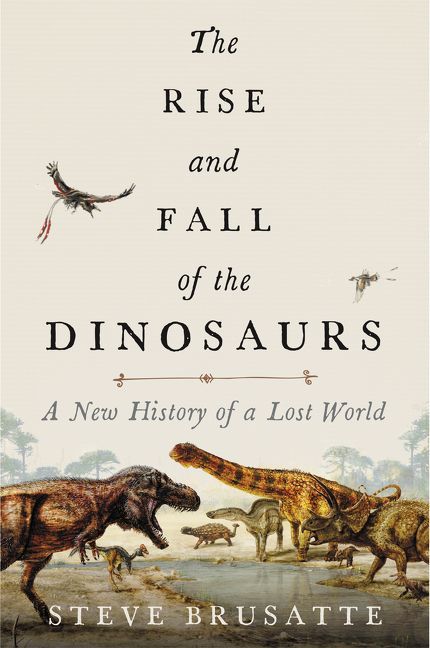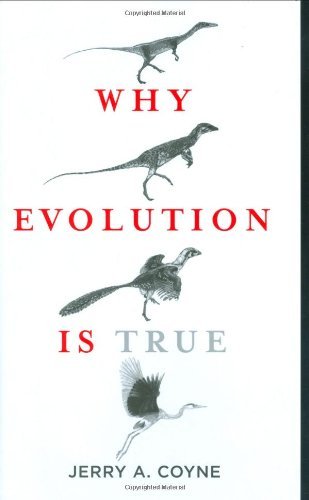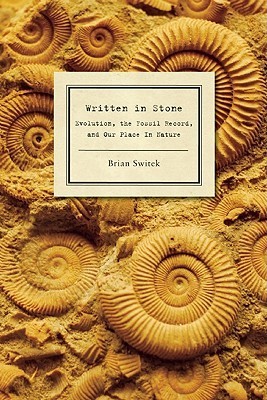
Written in Stone: Evolution, the Fossil Record, and Our Place in Nature
Book Description
Unearth the stunning narrative of life on Earth as you journey through time with 'Written in Stone.' Brian Switek takes readers on a breathtaking exploration of the fossil record, revealing how ancient bones whisper secrets of evolution and our connection to the natural world. Each page unveils the mysteries of prehistoric giants and the delicate dance of survival that shaped our existence. With vivid descriptions and captivating insights, the book invites you to reconsider humanity's role among the vast tapestry of life. What truths lie waiting beneath the surface, and how do they redefine our understanding of ourselves?
Quick Book Summary
"Written in Stone" by Brian Switek is a captivating journey through the history of life as told by the fossil record. Switek deftly narrates how paleontologists uncover the evolutionary past, linking ancient creatures to modern descendants and revealing humanity's deep connections to the natural world. The book weaves scientific discoveries with personal anecdotes, illustrating how fossils serve as windows into life's transformations—detailing pivotal evolutionary transitions, mass extinctions, and the origins of species such as whales, birds, and humans. Switek challenges misconceptions about evolution, highlighting the dynamic and branching nature of the evolutionary tree. Ultimately, "Written in Stone" fosters a richer understanding of our place within the immense narrative of life on Earth, prompting readers to marvel at the true scope of evolutionary change.
Summary of Key Ideas
Table of Contents
Interpreting the Fossil Record as Evolution’s Chronicle
Brian Switek begins by inviting readers to see fossils not just as relics, but as historical documents—a record written in stone. Fossils, painstakingly unearthed and interpreted, provide the only direct evidence of life’s history on our planet. Switek describes the detective work of paleontologists, from discovering dinosaur bones to piecing together broad narratives of evolutionary change. He examines how early fossil discoveries upended religious and societal views, forcing scientists and the public alike to confront the true age and story of the Earth.
The Dynamic and Branching Nature of Evolution
A central theme is the complexity of evolution’s tree. Switek challenges the outdated notion of a linear progression from “lower” to “higher” forms. Instead, evolution is messy, dynamic, and branching, full of dead ends and remarkable adaptations. He describes major evolutionary transitions such as the evolution of tetrapods from fish, the emergence of birds from dinosaurs, and the gradual transformation of land mammals into whales. Each transition, Switek argues, highlights both the power and unpredictability of natural selection.
Major Transitional Fossils and What They Reveal
Switek highlights several pivotal fossils, such as Archaeopteryx, Tiktaalik, and Ambulocetus, which have illuminated key moments in evolutionary history. These fossils bridge apparent gaps, providing tangible proof of how dramatic anatomical changes occurred over millions of years. Through these case studies, Switek shows how new discoveries have repeatedly reshaped our understanding of life’s history and interconnectedness, emphasizing that transitions are often gradual and mosaics of ancient and modern features.
Human Evolution and Our Connection to the Rest of Life
The book devotes considerable attention to human evolution, tracing our lineage alongside other primates. Switek distills complex scientific debates and celebrates important finds, such as Lucy and Ardipithecus. He discusses what fossils reveal about bipedalism, brain development, and our shared traits with other species. By placing humanity firmly within the natural world rather than apart from it, Switek encourages readers to reflect on our evolutionary roots and interconnectedness with all life.
Challenging Misconceptions About Evolution
Throughout "Written in Stone," Switek confronts widespread misconceptions about evolution. He addresses skepticism about "missing links" and responds to claims that evolution lacks transitional forms. Switek’s accessible explanations clarify that the fossil record is rich with evidence, and that scientific understanding is always evolving with each new discovery. The book concludes with a reflection on the importance of embracing our evolutionary heritage—encouraging awe, humility, and a deeper sense of stewardship for the diverse, ever-changing web of life on Earth.
Download This Summary
Get a free PDF of this summary instantly — no email required.
